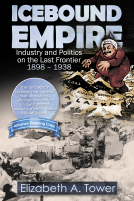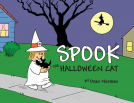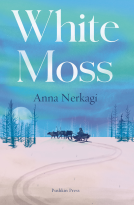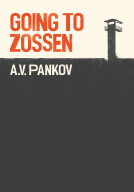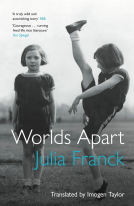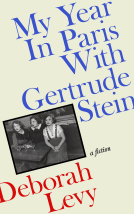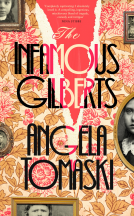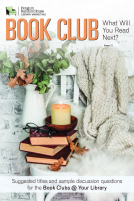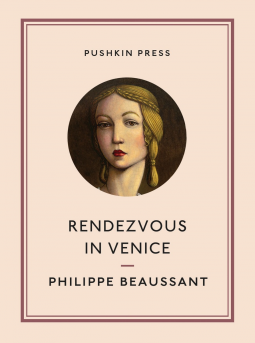
Rendezvous in Venice
by Philippe Beaussant
This title was previously available on NetGalley and is now archived.
Send NetGalley books directly to your Kindle or Kindle app
1
To read on a Kindle or Kindle app, please add kindle@netgalley.com as an approved email address to receive files in your Amazon account. Click here for step-by-step instructions.
2
Also find your Kindle email address within your Amazon account, and enter it here.
Pub Date Jul 14 2015 | Archive Date May 18 2015
Pushkin Press | Pushkin Collection
Description
Pushkin Collection editions feature a spare, elegant series style and superior, durable components. The Collection is typeset in Monotype Baskerville, litho-printed on Munken Premium White Paper and notch-bound by the independently owned printer TJ International in Padstow. The covers, with French flaps, are printed on Colorplan Pristine White Paper. Both paper and cover board are acid-free and Forest Stewardship Council (FSC) certified.
Advance Praise
"You have to read this book, extraordinary in its simplicity, its geometric lines, its tenderness. The Author doesn't disappoint ... what he writes is perfect. And perfection without boredom is a feat." - Jean-Jacques Brochier, Magazine Litteraire
"Reflections on Italian painting, a love story discovered in a small black notebook after the death of its owner... One doesn't know what seduces most in this subtle and elegant novel." - Mensuel
Available Editions
| EDITION | Other Format |
| ISBN | 9781782270980 |
| PRICE | $18.00 (USD) |
Average rating from 12 members
Featured Reviews
 Annie S, Librarian
Annie S, Librarian
Philippe Beaussant’s novella, Rendezvous in Venice, is told in four parts that circle elegantly back into each other. Pierre Voisin discovers a diary his uncle wrote before he died. Pierre thought he knew everything about his art historian uncle, but the diary reveals that Charles had a lover some decades before Pierre started working for him.
Part one of Rendezvous in Venice is written as a one-sided dialog. Pierre reads Charles’s diary, interrupting with his own thoughts and exclamations as he learns more about Judith. Charles, as Pierre knew him, was a formal, scrupulously correct pedant. Pierre was his research assistant and Charles trained him up to observe and understand art his way. Judith, however, was passionate about art in way that Charles never expressed.
In part two, Pierre runs into Judith at an art conference in Rome. There, he learns from Judith that his uncle was a very different man before their relationship fell apart. In part three, Pierre invites Judith’s daughter, Sarah, to live with him, echoing Charles and Judith’s relationship.
Pierre is very much like Charles, almost a clone in terms of personality. Reading the first three parts left me worried that Pierre was doomed to make the same mistakes as his uncle. They’re both very reserved men. Judith and Sarah seem like creatures of chaos in comparison. Part four is a resolution (good or bad, I won’t say) of all the conflicts. In part four, Pierre takes out his uncle’s diary and begins writing about his relationship with Sarah on the blank pages left at the end of the notebook, bringing us full circle.
What struck me most about Rendezvous in Venice were the opposing views of art. Charles and Pierre see art as a means of communication between the past and the present. If we can understand the context of a piece of art, we can tease out further meaning in a figure’s gestures or a flower or mythological creature. Judith and Sarah see art with passion. Art, for them, should make one shout for joy at seeing it. A great work should inspire people to pilgrimages. Another tertiary character at the art conference argues for art as free of context, a thing in and of itself. The love affairs are interesting, but I was much more interested in what the characters had to tell me about art.
I received a free copy of this ebook from NetGalley, in exchange for an honest review.
 Reviewer 194384
Reviewer 194384
Beautiful book! Beautifully written. The lyrical prose seduces with its cadence the way it mirrors when we are lost in enchanting and confusing thoughts. There is a certain beauty to these French writers that I now know to appreciate.
I've learned more in appreciating art reading this book than in any. Of lost love and wasted time. Charles and Pierre, two generations of men drowned in their passion of art, living in parallel but not quite.
If only I could read in French then without doubt I would love this book even more.

